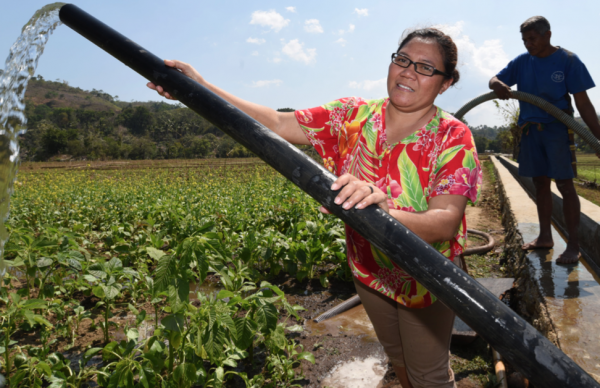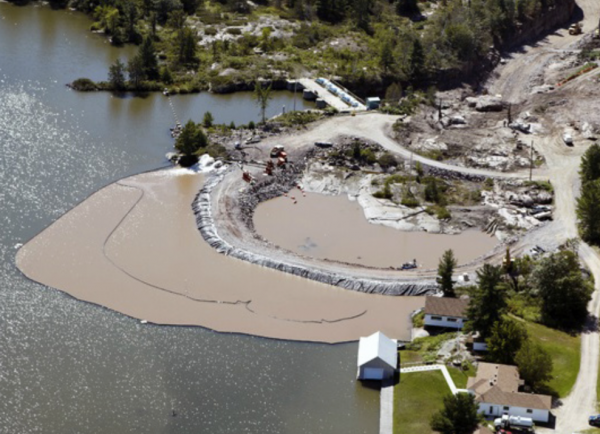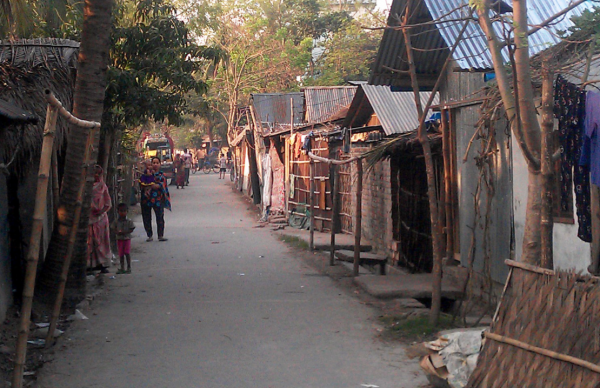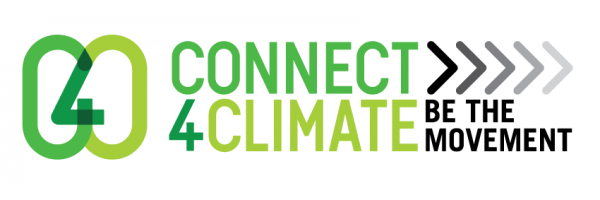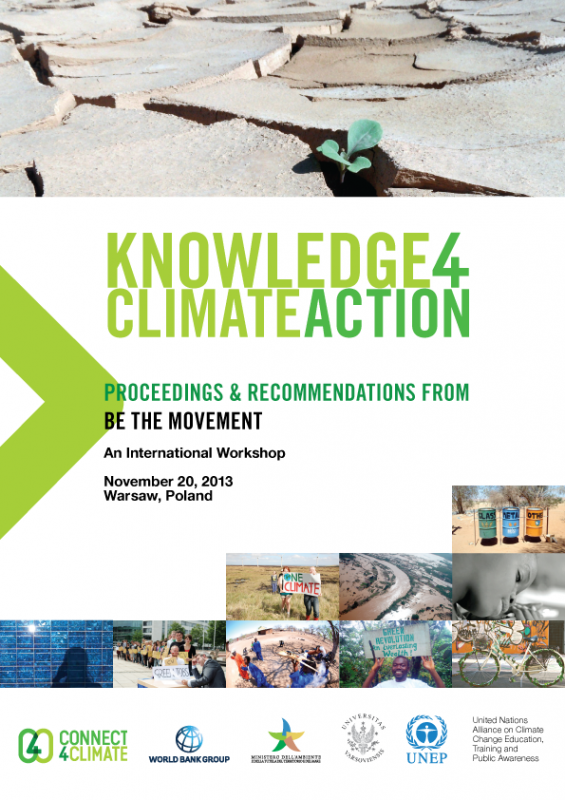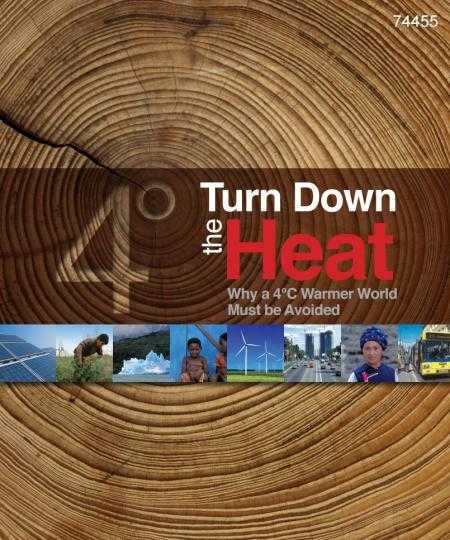In the past Sumba Island was renowned for being one of the poorest areas of Indonesia where very few people had access to electricity, now thanks to the efforts of Sulis Setiawati the future is looking bright. Setiawati has been at the heart of a groundbreaking, island-wide initiative to address the energy shortage and boost living conditions by going 100% renewable.
Be The Movement
